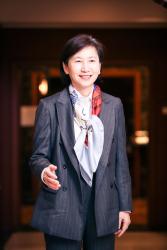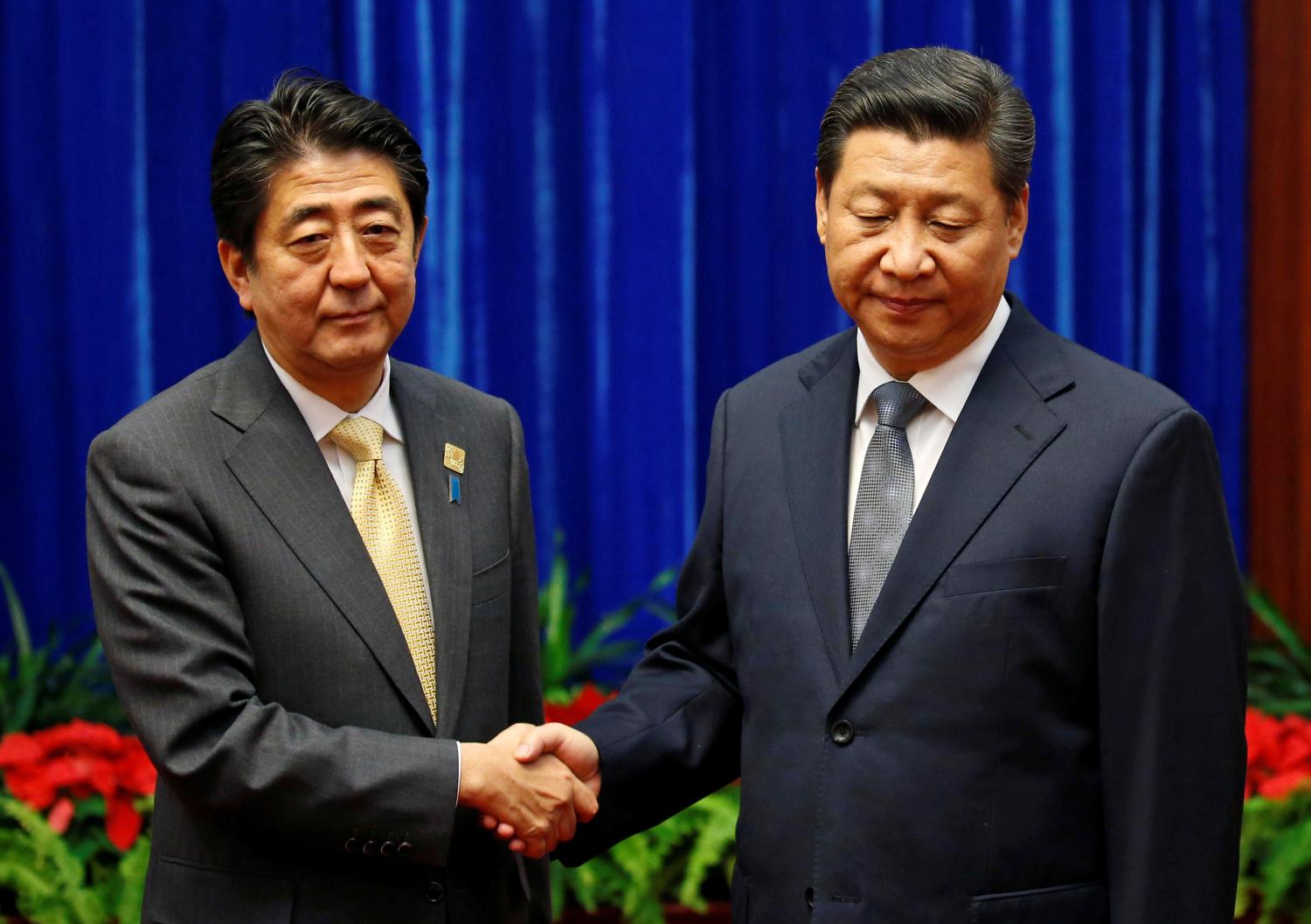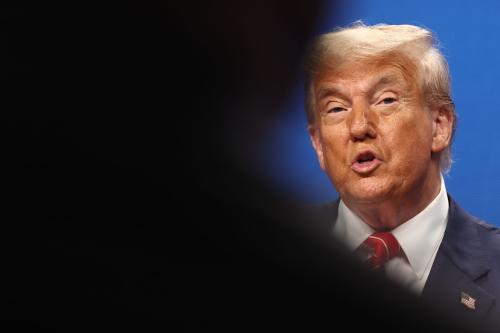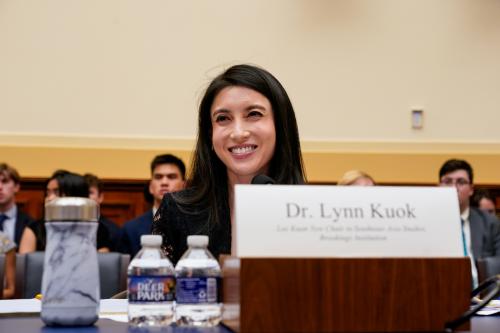The speed and scope of South Korea’s political development in recent years have been as impressive as its economic development in previous decades. Since the transition to democracy occurred, with the belated arrival of political liberalization and a return to direct presidential elections in 1987, virtually all realms of Korean society have democratized.
- In the political realm, under the Kim Dae-jung government, power shifted from the Kyongsang area in the southeast to Cholla in the southwest. This horizontal power shift is important for ending the political dominance of the Kyongsang area. Regional competition in the public policy-making process has become more democratic.
- Both the Roh government and National Assembly have become more accountable for the public’s welfare and are better monitored by the Korean people. The power of public authority was often unchecked and misused in the past. Now Korean voters and civic representatives monitor whether public officials and assemblymen represent the public’s interest and observe their due responsibilities.
- In terms of civilian-military relations, the government has become fully civilian, as the Korean military was completely depoliticized in the early 1990s. The history of former generals seizing the presidency was denounced and two former presidents, Chun Doo-hwan and Roh Tae-woo, were convicted of crimes and sent to prison. As its image has become more progressive, the Korean military is regaining the public trust.
- Economic liberalization has been no less impressive. With the 1998 Asian financial crisis, Korea’s big businesses (chaebols) and financial companies underwent substantial reforms that have led to enhanced transparency in corporate governance and financial accountability, among other areas.
- The most impressive gains, however, were made in the area of democratization, with the rise of a civil society. Although still not to the degree seen in advanced nations, Korean society has become increasingly conscious and supportive of the rights of women and minorities, including the handicapped and homosexuals. Traditional Korean values such as respect for authority and hierarchy are rapidly giving way as increased value is placed on individual freedoms and equality. These social democratic changes were driven in part by reform-minded governments and the efforts of domestic NGOs.
Paradoxically, all this progress appears to have created a society more fragmented than ever before, with increased social conflict and instability. In the last few years, the debate over major policy issues has reflected the increasing polarization of Korean social values and attitudes. At the same time, the ideological pendulum has been swinging in the liberal, or leftist, direction. For the last several decades, Korean society has been relatively conservative, valuing stability and order. Naturally, democratization, which has been more vibrant in Korea than in any other part of Asia, has generated a range of competing ideas that promise a departure from the past, and opportunities for more new ideas. Korea’s democratization has had an especially liberating effect on leftist ideals and values, which were severely repressed in the past. Since “leftist” remains a negative label to many Koreans, new contesting ideas and ideological dispositions have been termed “progressive.” Thus, the political divide between “conservatives” and “progressives” would be analogous to the divide between “conservatives” and “liberals” in U.S. politics.
The Brookings Institution is committed to quality, independence, and impact.
We are supported by a diverse array of funders. In line with our values and policies, each Brookings publication represents the sole views of its author(s).




